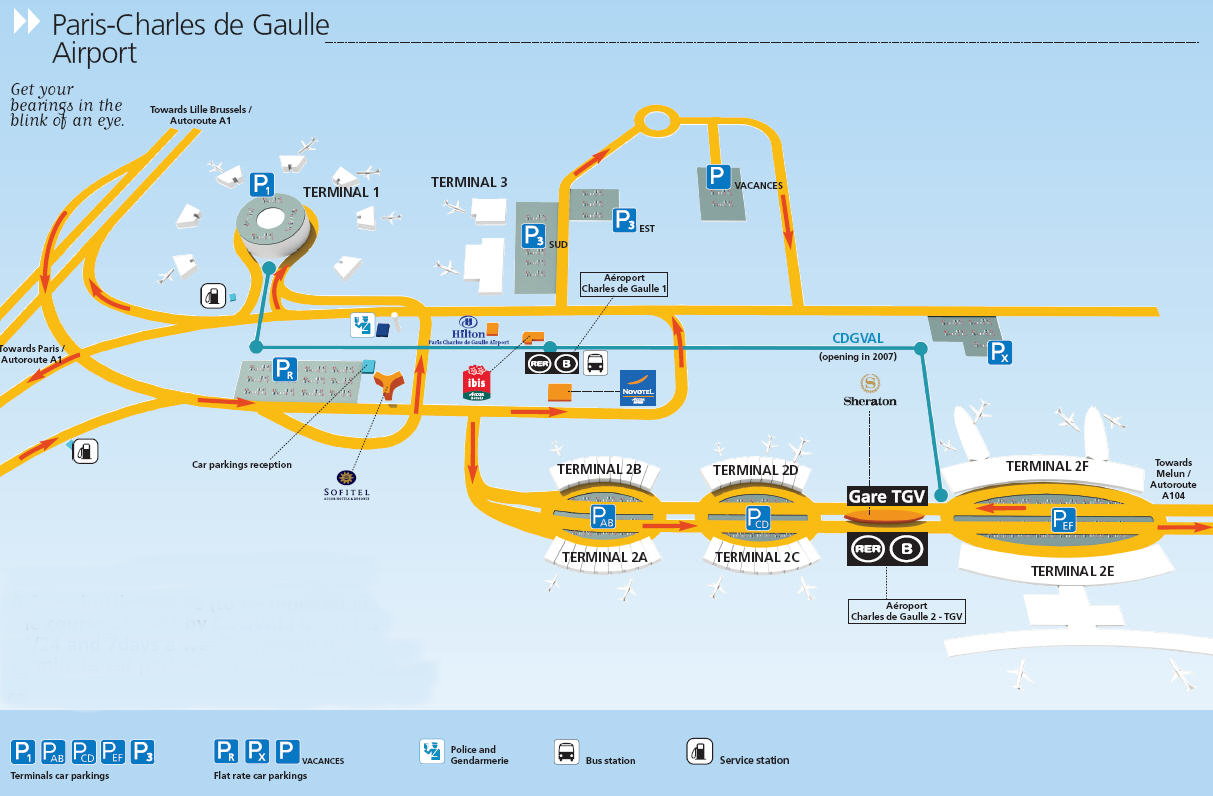Instead of biking in loops, always ending up back home, I've decided to try riding one way and taking the train back. The weather has been improving and I'm in much better shape than when I got here, making longer rides much more enjoyable. In addition, I can eat lunch and spend an hour or two exploring a city before hopping on the train back to Poitiers with my bike.
First destination: Niort.
Niort is around 80km from Poitiers, and is almost the same size. Biking there takes about 3-3.5 hours. Since Rebecca's students don't have class this week (because of Carnaval? Or Ash Wednesday? We're not really sure) she decided to take the train to Niort so we could have lunch together and explore on foot.
First step: Wake up early. Normally, I ride in the afternoon, but to make it to Niort in time for lunch, I'd have to leave by 9:30am. The trains stop running before I would be able to finish dinner, so I have to stick with lunch.
Wake up Jefe!
I got to Niort a bit before Rebecca's train was scheduled to come in, so I rode around a little to familiarize myself with some of the parts of town. Then I went to the train station......where I met Rebecca and got to change into real clothes (which Rebecca had kindly brought for me).
We found a nice place for lunch. Actually, we were looking in the window of a random place and then a customer came out to smoke his post-lunch clope, and he pretty much forced us to go in.
We sat down to recount our adventures of the morning. Rebecca *just barely* made it to the train on time thanks to the self-service ticket kiosks and their convenient option to "buy a ticket for a train that is departing immediately." Jefe found a really nice route from Poitiers to Niort with lots of smooth roads, nice scenery and not much traffic.
The part between Mothe St. Heray and Chavagné is especially nice, with views down into the neighboring valley.
Rebecca ordered une salade de thon, and Jefe had the plat du jour: roast chicken with spanish rice. We had just about finished up when...--ok, now I have to recount an exchange I had with the waiter at lunch. It's embarrassing for me, but I feel that it bears an important lesson about French café culture--
...after the meal (in french)
Waiter: Vous êtes terminés? C'était bien? Vous voulez un dessert?
All done? How was it? Would you like some dessert?
Me: Non, merci, euh... {il donne un coup d'oeil a Rebecca} un dessert, peut-être?
No thanks, uh...{glancing at Rebecca} how about a dessert?
For some reason, I thought he had asked if I wanted the bill (l'addition). Perhaps it was my fatigued state, I'm not sure. Besides the obvious humor in rejecting and then asking for the same thing in a single sentence, Rebecca reminded me of two things one must understand about French waiters: (1) they will never offer the bill, and will wait until you ask for it (unless you're just getting coffee or drinks, or if you're in Paris & are perceived by the waitstaff as incompetent to do such things properly) and (2) they will always offer dessert. How I could have mis-heard and failed to take into account these two cardinal rules of the café, I will never know.
Giggling, we wandered through the streets of Niort, stopped by the Donjon, and island hopped in the middle of the Sèvre Niortaise River. We also saw this interesting alternative to standard bollards.
Serpent guarding the pedestrians from the evil cars
When it came time to leave, we got tickets for a local (TER) train to Poitiers. I packed my bike up for the train ride and covered it with a fitted bedsheet that Rebecca got that morning just for this purpose.




















 That's a bunch of movies.
That's a bunch of movies.

 "What time tomorrow does the first train not leave?"
"What time tomorrow does the first train not leave?"